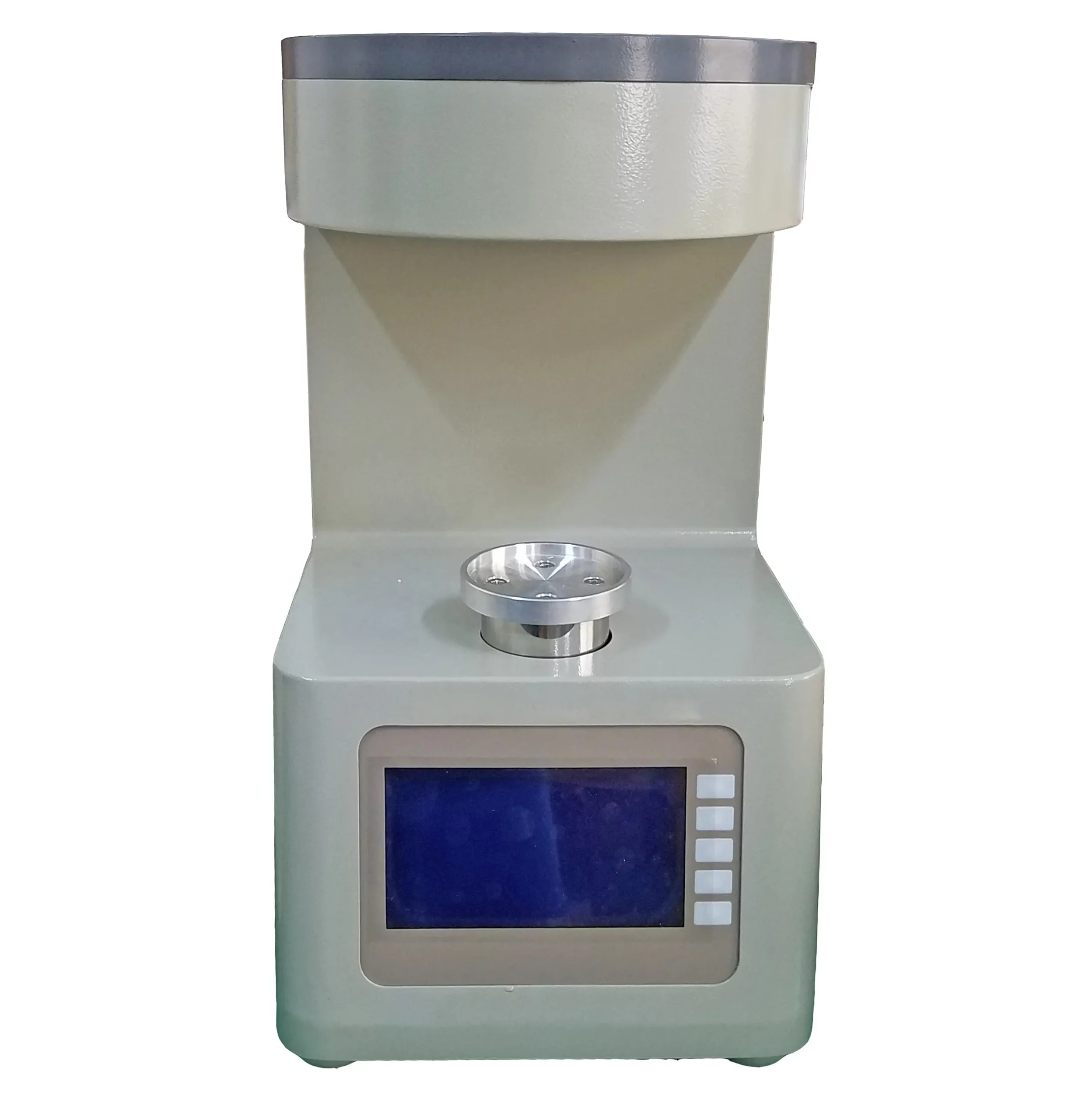While a tensiometer oil tester is primarily used for measuring the surface tension of liquids, it can also contribute to maximizing efficiency and accuracy in application testing. Here’s how a tensiometer oil tester can enhance testing processes:
Quality Control:
Surface tension is an important property of liquids, including oils, that can impact their performance in various applications. By using a tensiometer oil tester, the surface tension of oils can be accurately measured and monitored. This helps ensure consistent quality control by verifying that the oil meets the specified surface tension requirements for optimal performance in the application.
Process Optimization:
Surface tension measurements obtained from a tensiometer oil tester can provide valuable insights for process optimization. Different applications may require oils with specific surface tension properties to achieve desired results. By precisely measuring and adjusting the surface tension of oils, processes can be fine-tuned to maximize efficiency, enhance wetting or coating properties, improve adhesion, or optimize lubrication performance.
Material Compatibility:
In certain applications, oils may come into contact with different materials, such as seals, gaskets, or substrates. The surface tension of the oil can impact its interaction with these materials. By measuring the surface tension, a tensiometer oil tester helps assess material compatibility, ensuring that the oil’s surface tension aligns with the requirements of the specific application. This helps prevent issues such as poor wetting, inadequate adhesion, or material degradation.

Formulation Development:
Tensiometer oil testers can aid in the development and formulation of new oil products. By measuring the surface tension of various oil formulations, researchers can optimize the composition and properties of the oil to meet the specific requirements of the target application. This iterative process can lead to the development of high-performance oils tailored to enhance efficiency and effectiveness in specific applications.
Comparative Analysis:
Tensiometer oil testers enable comparative analysis of different oils or oil samples. By measuring and comparing the surface tension values, the performance and suitability of various oil formulations or batches can be evaluated. This allows for data-driven decision-making regarding oil selection, quality assessment, or troubleshooting, leading to improved efficiency and accuracy in application testing.
Research and Development:
Tensiometer oil testers play a vital role in research and development activities related to oils and their applications. They provide precise measurements of surface tension, which can be used to study the fundamental properties of oils, investigate interfacial phenomena, or explore new applications. This research-driven approach helps drive innovation, leading to the development of novel oils with enhanced performance characteristics.